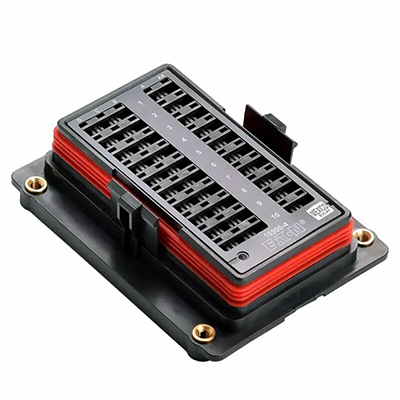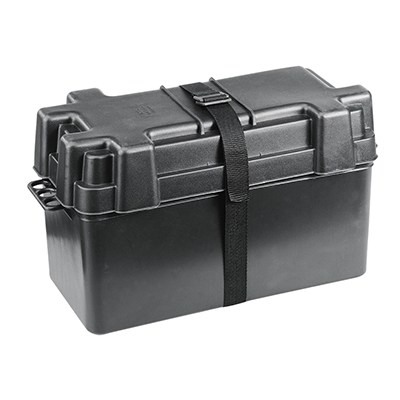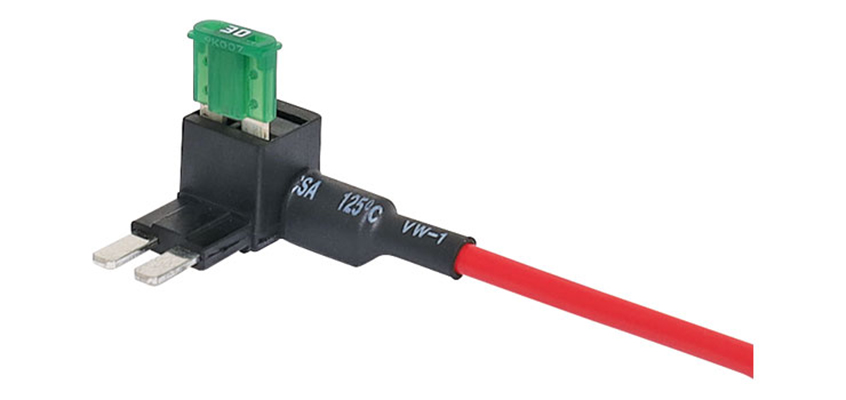Fuse Box for Alternators and Vehicle Charging Systems
News 2025-10-20
In modern vehicles, the fuse box plays a critical role in safeguarding the alternator and charging systems from electrical faults. It acts as a protective barrier, preventing damage from overloads, short circuits, and other issues that could compromise vehicle performance. By housing fuses that break circuits when excessive current flows, the fuse box ensures reliable operation of essential components like batteries and electronic systems. This setup is vital for maintaining safety and efficiency in automotive applications, where electrical demands are constantly increasing.

Applications in Vehicle Systems
Fuse boxes for alternators are integral in various vehicle types, including cars, trucks, and heavy machinery. In passenger vehicles, they protect the charging system during high-demand situations like starting the engine or running accessories. For commercial fleets, these components handle robust electrical loads, ensuring uninterrupted power in demanding environments such as construction sites or long-haul transport. Additionally, in electric and hybrid vehicles, fuse boxes adapt to complex charging circuits, supporting fast-charging capabilities and integrating with regenerative systems to enhance overall energy management.
Performance Advantages
The design of fuse boxes offers significant benefits, including rapid response to faults that minimize damage to sensitive alternator parts. High-quality materials ensure durability against vibrations and temperature extremes common in automotive settings. These systems also provide easy access for maintenance, allowing quick fuse replacements without specialized tools. By optimizing current flow and reducing resistance, fuse boxes improve charging efficiency, which extends battery life and reduces the risk of failures, making them a cost-effective solution for enhancing vehicle reliability and longevity.
Frequently Asked Questions
1. What role does a fuse box play in protecting the alternator?
It safeguards the alternator by interrupting current flow during overloads or short circuits, preventing potential damage to windings and other components.
2. How can I identify if the fuse box is causing charging problems?
Look for signs like blown fuses, dimming lights, or error codes; testing with a multimeter can confirm if the fuse box is faulty.
3. Are there different fuse box types for various vehicles?
Yes, designs vary by vehicle make and model, with some featuring blade fuses for compact setups and others using bolt-in fuses for higher current applications.


